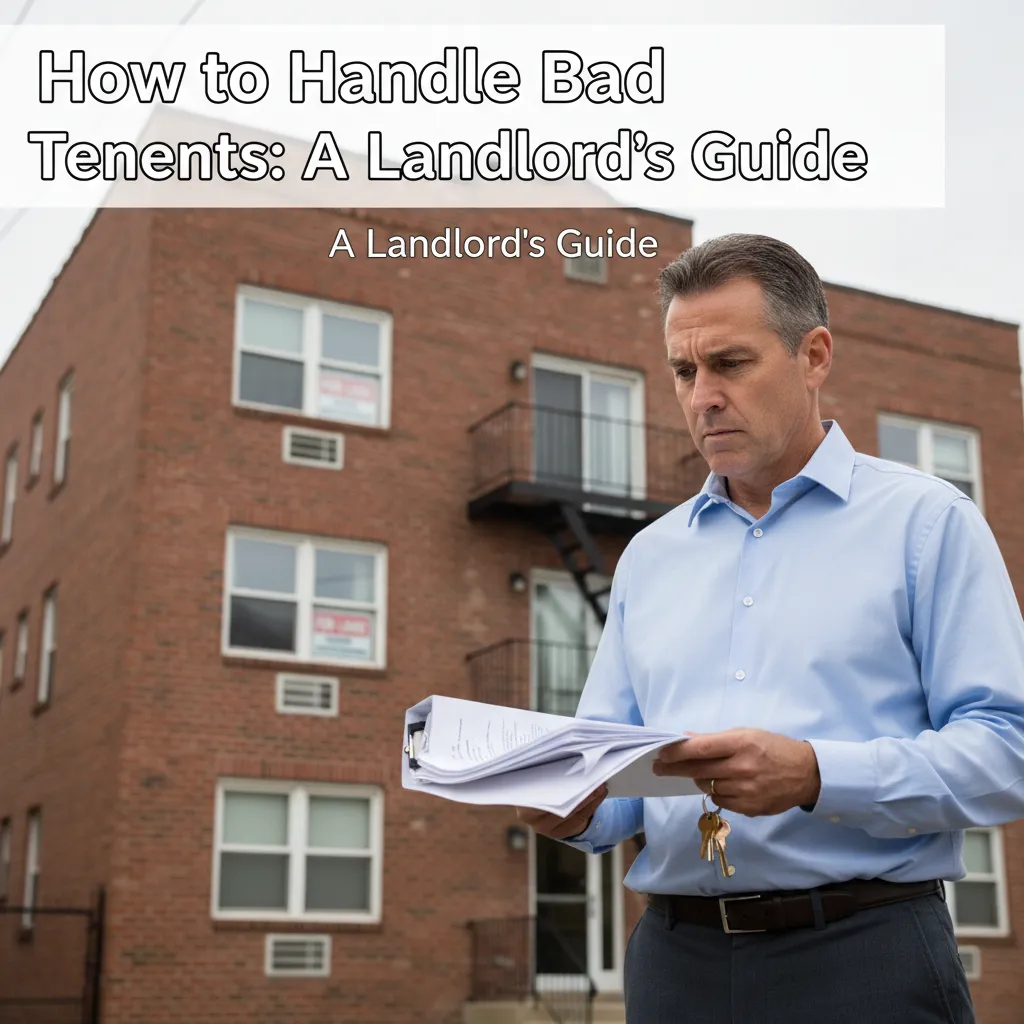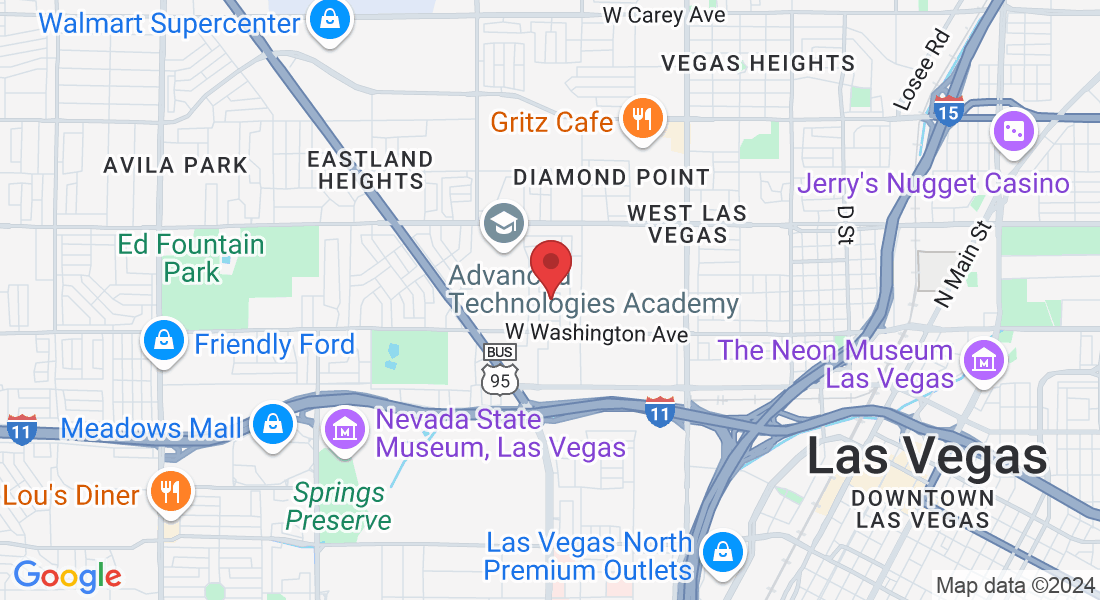
Frequently Asked Questions
You’ve got questions and we’ve got answers. If we don’t cover it below, don’t hesitate to contact us.
How are you different from everyone else?
We have licensed Brokers on staff. We are BBB accredited. We’re also heavily involved in the community. These three things mean that we hold ourselves to the highest standards of professional conduct.
Will you be listing my house on the MLS or actually buying it?
We are actual local cash buyers. We buy houses in Nationwide that meet certain criteria. We personally hold rental portfolios, work with other investors, as well as first-time home buyers.
Do you pay fair prices for properties?
Yes. Our philosophy is rooted in creating mutually beneficial transactions to better our communities. Our offers are based upon comparable sales of properties in like condition.
How do you determine the price to offer on my house?
We analyze the location, condition of the property, and comparable sales. Have you received offers from “We buy houses” companies that didn’t make sense? Give us a call and let us show you how we’re a cut above the rest.
Is there any obligation when I submit my info?
None. We want to educate you on your options. The end decision lies completely on you, your family, and your timeframe.
Are there any fees or commissions to work with you?
No. When we make you an offer, we cover all of the closing costs, doc fees, and even the title companies cut. (This will all be covered in your Purchase & Sale Agreement.)
How is selling to a cash home buyer different from a traditional real estate agent sale?
Cash buyers offer a faster, simpler process by purchasing homes as-is without the need for repairs, showings, or financing contingencies. Traditional agent sales take longer and may require home preparation, inspections, and paying commissions.
What types of properties do you buy?
We buy all property types, including houses, condos, townhomes, land, mobile homes, and commercial properties—regardless of condition, from move-in ready to needing extensive repairs or renovations.
Can I sell my house if I am behind on mortgage payments or have liens?
Yes, as long as the sale price covers all outstanding debts, we can help negotiate with lenders and facilitate a smooth sale even in challenging financial situations.
How long does the entire selling process take?
Offers can be made within 24-48 hours after evaluation, with closings possible in as little as 7-14 days or with a timeline that fits your needs.
What happens if I live out of state or cannot do an in-person walkthrough?
We accommodate remote sellers via photos, videos, or virtual walkthroughs, enabling a convenient, secure, and streamlined process without travel.
Are there obligations or risks after I submit my property information?
No. You are under no obligation to accept our offer or proceed. We provide transparent, no-pressure communication so you can make the best decision.
How will I receive my money?
Funds are typically wired to your bank account the business day after escrow closes, ensuring a secure and timely transaction.
Want To See What We Can Do for You?
Fill Out the Quick Form Below to Get a Cash Offer!
RjRebel Real Estate Investments, LLC
(888) 519-5211

How to Handle Bad Tenants: A Landlord’s Guide to Protecting Your Investment
Outline:
Introduction
Identifying Bad Tenants Early
Common Challenges with Difficult Tenants
Legal Rights and Responsibilities of Landlords
Effective Screening Processes to Avoid Bad Tenants
Steps to Take When You Have a Problem Tenant
When and How to Evict Legally
Tips for Maintaining Positive Landlord-Tenant Relationships
Conclusion and Resources for Landlords
Full Blog Article:
How to Handle Bad Tenants: A Landlord’s Guide to Protecting Your Investment
Dealing with bad tenants is one of the most challenging aspects of being a landlord or real estate investor. Whether it’s late rent, property damage, or disruptive behavior, problem tenants can cause financial loss and stress. Understanding how to identify, manage, and legally handle bad tenants is crucial to protecting your investment.
Identifying Bad Tenants Early
The best way to avoid issues is to recognize warning signs before they escalate. These may include:
Late or inconsistent rent payments
Frequent complaints from neighbors or other tenants
Neglect or damage to the property
Violations of lease terms
Common Challenges with Difficult Tenants
Bad tenants can cause problems such as:
Unpaid rent and eviction delays
Property damage requiring costly repairs
Legal complexities and court appearances
Impact on other tenants and neighbors
Legal Rights and Responsibilities of Landlords
Knowing your legal rights is essential. Landlords must:
Follow fair housing laws and proper eviction procedures
Provide habitable living conditions
Serve notices properly and respect tenant rights
Effective Screening Processes to Avoid Bad Tenants
Prevention is key. Implement screening steps such as:
Credit and background checks
Employment and income verification
Contacting previous landlords for references
Steps to Take When You Have a Problem Tenant
If issues arise, consider:
Communicating clearly and documenting all interactions
Offering payment plans or mediation when appropriate
Monitoring the situation closely
When and How to Evict Legally
Eviction should be a last resort but sometimes necessary. Follow these guidelines:
Serve proper written notice according to local laws
File eviction paperwork correctly
Attend hearings prepared with documentation
Tips for Maintaining Positive Landlord-Tenant Relationships
Good relationships reduce problems. To foster these:
Maintain open communication
Respond promptly to repair requests
Set clear expectations upfront
Conclusion and Resources for Landlords
Bad tenants can threaten your rental business, but with proper screening, communication, and legal knowledge, you can protect your property and peace of mind.
For more advice or help managing difficult tenants, reach out to our team. We’re here to support real estate investors with practical solutions.
Get A Cash Offer | Contact Us | How It Works | FAQ | Our Company | Resources | Privacy Policy | Blog

RjRebel Real Estate Investments, LLC
2208 Fair Ave, Las Vegas NV 89106
We are a Real Estate services company. We can assist you with anything Real Estate related. We are unlike any other company you have spoken with. We actually make offers, pay cash, and have other solutions. We will analyze your situation and determine what is the best possible solution. It may be listings on the market, selling as is, or renting the property out. Regardless of the situation we would love to sit down with you for a complimentary consultation.
www.rjrebelrealestateinvestments.com | Sitemap
Copyright 2019 - 2025 RjRebel Real Estate Investments, LLC (888) 519-5211 - All Rights Reserved
Powered by ClientPro.ai

